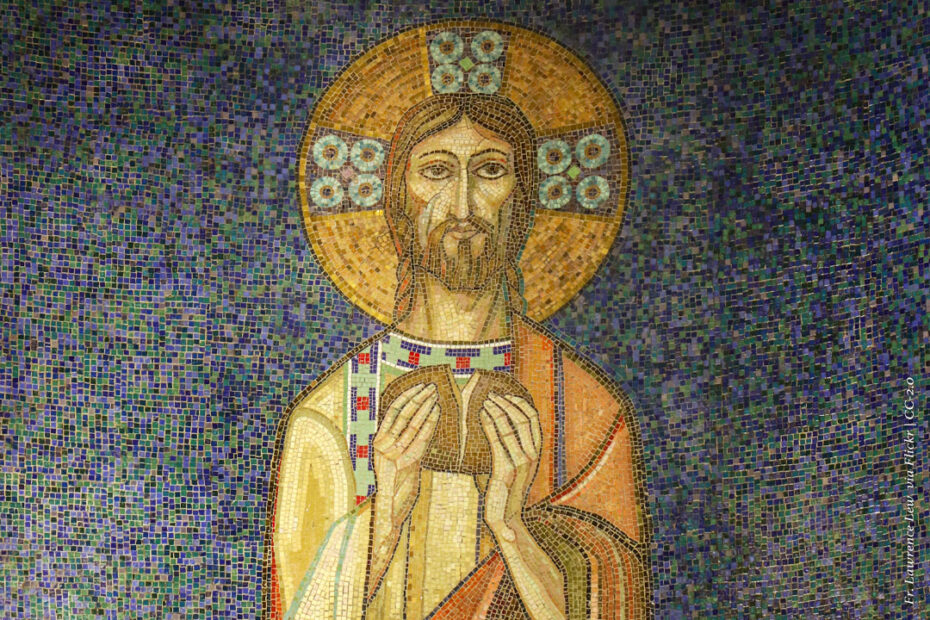By Judie Brown
“I am the living bread that came down from heaven; whoever eats this bread will live forever; and the bread that I will give is my flesh for the life of the world.” – John 6:51
Nowhere in recent news will you find a reference to the canon law that requires obedience, regardless of one’s political opinions. Father James Goodwin writes, “Ultimately, canon law is at the service of the Church. It exists to assist the Church in its mission to proclaim the good news of Jesus Christ to the world. The last canon in the code states clearly that the purpose of the law—indeed, the highest law—is the salvation of souls. That makes canon law a true work of mercy.”
So why is it that every priest and bishop in our nation, not to mention the entire world, is not dedicated to focusing attention on the real presence of Christ in the Eucharist? Could it be politics, popular opinion, or maybe something more basic to human nature? Well, perhaps the words of Canon 915 explain this best: “Those who have been excommunicated or interdicted after the imposition or declaration of the penalty and others obstinately persevering in manifest grave sin are not to be admitted to Holy Communion.”
In these words we find the foundational reason why Catholic teachers, priests, bishops, and the pope himself should consistently remind Catholics of the precious gift of the Eucharist and sins committed against the body of Christ by those who do not revere the sacrament.
The Eucharist IS the body of Christ. It is Christ Himself who taught “I am the Bread of Life.”
This truth has been tossed aside by far too many for reasons that defy intelligent explanation.
Note this disturbing statement from Catholic World Report: “Among Catholic voters, 52% believe in the real presence of Christ in the Eucharist, while 32% do not; 16% are unsure. Belief in the Real Presence varies slightly according to gender, with 56% of men believing in it compared with 49% of women.”
The very idea that such a statistic exists underscores the tragic failure of shepherds who have neglected to teach truth to their flock.
Yet not all of them have been negligent. Spanish bishop José Ignacio Munilla is one such example. His speech at the Eucharistic Congress this year included these words, “Without the grace of Christ, it is impossible to heal the emotional wounds that characterize the present time and that make us suffer so much.”
And as if he knew of the tragic failures to teach among so many of his peers, Bishop Munilla said, “Frequent Communion well carried out and Eucharistic adoration will be the keys to the miracle of interior transformation.”
Imagine what a remarkable conversion in faith could be inspired if words like these were uttered from every pulpit in our nation! As we focus our attention on Christ, the Bread of Life, we recall these words from Saint John Paul II, “This bread, which we need, is first and foremost Christ, who gives himself to us in the sacramental signs of the Eucharist, and makes us hear, at every Mass, the words of the last Supper: ‘Take and eat, all of you: this is My body offered in sacrifice for you.’”
Christ is the sacrifice, the Bread of Life, that we are unworthy to receive in the Eucharist. But His love for us is greater than our weakness. Christ’s love for us provides the grace we need to witness to the truth and advocate for it.
Christ, the Bread of Life, help me do Your will. Amen.
